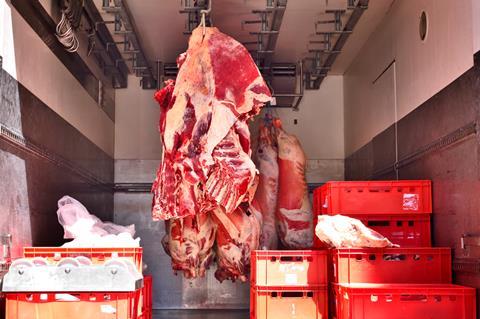
Dover officials seized an unprecedented amount of illegal meat at the UK’s busiest border in January, amid calls to improve post-Brexit controls.
Dover Port Health Authority said this week it removed a “whopping 25 tonnes” of illegal meat intended to cross the southern border during the first month of the year – triple the amount seized this time last year.
The revelations come amid warnings from officials that ineffective post-Brexit border controls are allowing large quantities of illegal meat into the UK.
In the first two days of February alone, authorities seized almost four tonnes of illegal meat products at the border, DPHA chief Lucy Manzano told the Environment, Food & Rural Affairs (Efra) Committee earlier this week, as part of its inquiry into whether the UK’s biosecurity measures for plant and animal imports are strong enough.
The committee is examining the stringency of border controls, as well as their impact on international trade following the introduction of new animal and plant health checks on goods from the EU last year.
Illegal meat imports carry the risk of diseases, including African swine fever and foot and mouth, which pose a serious threat to British farmers.
But those on the ground claim the government’s post-Brexit border strategy – also known as the Border Target Operating Model (BTOM), which brought new physical checks on EU goods in April last year – is failing to protect Brits from those threats.
Manzano argued the controls were not robust enough, with many EU consignments easily able to get auto-clearance to go through the border.
“The implementation of the BTOM is contributory, from what we’re seeing at the frontline, to these escalating numbers of illegal meat,” Manzano said.
Read more: Banned German meat imports ’entered the UK for a week’ despite foot and mouth outbreak
She also noted that the illegal imports DPHA intercepted were “the tip of the iceberg” as Defra had not allocated enough funding or provided the right facilities to the teams running crucial inspections. This meant port health authority checks in Dover were “working at 20% operational capacity”.
As a result, DPHA could not physically be at the border to sit alongside Border Force to stop and check vehicles that could contain illegal plant and animal goods at all times, potentially opening the door for those imports to enter GB and end up in the food supply chain.
“If we’re not there, this stuff is going out on the shelves – this is not stuff where traditionally it would be hard to get hold of, it is appearing in shops on high streets, in markets… you may well be going out for dinner in normal-looking establishments and be consuming meat that has not been correctly processed,” Manzano told MPs.
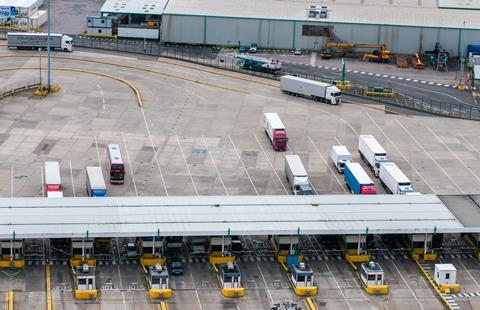
“We are proactively in the port and even during that 20% minimal operational coverage we are focusing our resources on vehicles most likely to be carrying this illegal meat – and coincidentally, a sharp increase has occurred since the BTOM has been implemented.”
Where the illegal imports “started off quite small, we’re now seeing vehicles that have been adapted or coaches without passengers that are full of products of animal origin,” Manzano said. “It is really quite startling.
“If we are taking this out with only 20% just at Dover, it gives some indication of everything else that’s coming through” to Britain across all the other points of entry, the port health authority chief warned.
UK border authorities ‘unlawfully’ rejecting dairy goods from China
Another key issue for port health authorities at Dover, through which the majority of European goods come into Britain, is that the government last year moved all physical checks on medium and high-risk goods like meat and dairy coming from the EU and the rest of the world from the Dover point of entry to a new Border Control Post (BCP) facility in Sevington, Ashford – 22 miles inland.
Since then, DPHA “have not been given access” by Defra to the local Dover BCP “just up the hill running at temperature”, instead forcing the teams to conduct spot-checks on both commercial and tourist lanes before sending them to the government-funded Sevington facility.
“We are looking at [illegal meat] in an environment that is highly inappropriate in terms of containment of the risk,” Manzano said. “That is why it’s imperative that these controls take place within a BCP for containment.
“After all, the very purpose of import controls is to keep the bad stuff out and contain it at the first point of entry, and then make sure that if it’s going back out, it goes out from that point of entry,” Manzano told the committee on Tuesday.
MPs also heard testimonies from Helen Buckingham, chartered environmental health practitioner, and Border Force South East regional director David Smith.
Evidence provided by officials also showed that high-risk German meat imports continued to flow into the UK “for a week” after the alert was sounded over a foot and mouth disease outbreak last month due to IT failures in the government’s post-Brexit tech platform.



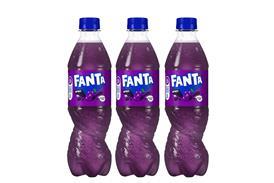



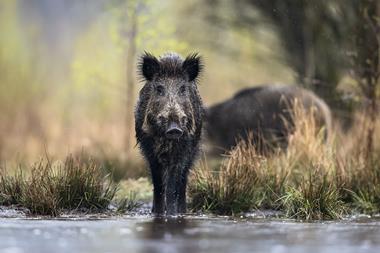
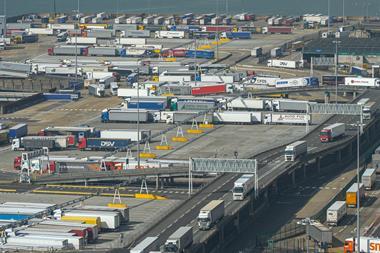
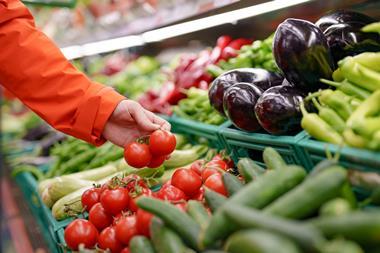
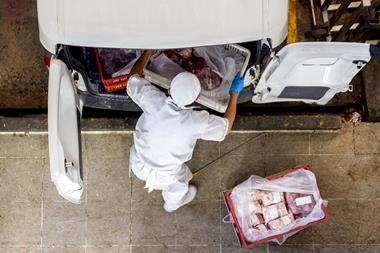
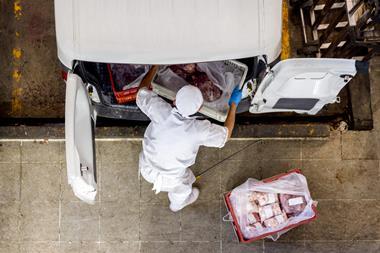
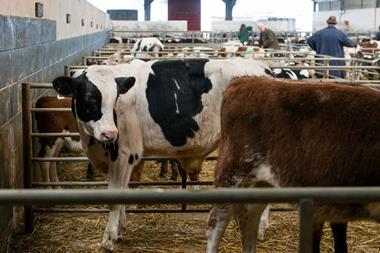
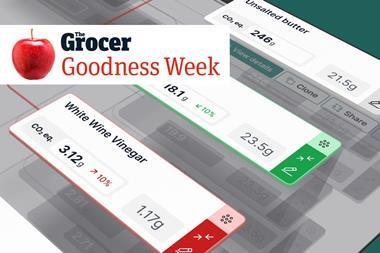

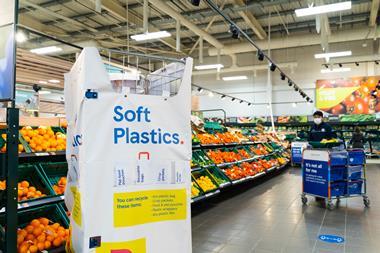
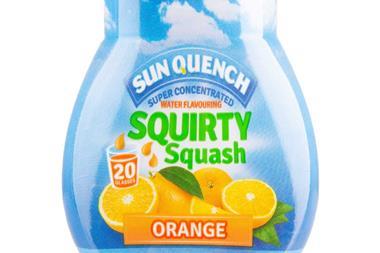
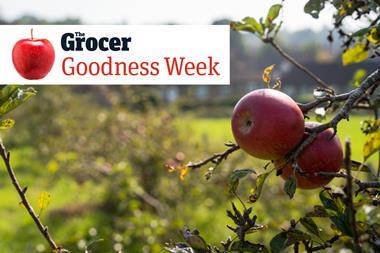
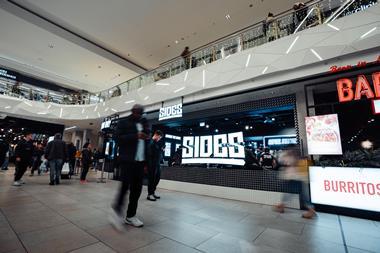
No comments yet